Politico Pro – by Angela Hart
The author of a controversial 2018 bill to regulate commercial payments for health care providers has introduced legislation designed to increase transparency as health costs continue to outpace inflation.
CA AB731 (19R) by Assemblyman Ash Kalra (D-San Jose) would put in place a rate review process for health plans and insurers in the state-regulated large group market, under which nearly 10 million Californians are covered. That’s nearly twice as many as are covered under the individual and small group markets already subject to rate review when insurers propose premium increases.
The bill is co-sponsored by major labor and consumer advocacy groups, but it will likely face a tough climb against major health industry players including the California Association of Health Plans.
Kalra’s bill is aimed at forcing insurers to justify rate increases, and more broadly helping consumers and policymakers understand major cost-drivers in health care. Kalra said the rate review process can increase transparency in health care pricing and create a process by which to understand — and scrutinize — cost increases. It comes amid growing public backlash over rising health care costs across California for consumers and the health care system.
“The skyrocketing cost of health care is contributing to wage stagnation and fueling income inequality in our state,” Kalra said in a statement. “Consumers are in desperate need of relief and Californians deserve a clearer picture of what’s driving health care costs.”
Rate increases would be subject to review by the state Department of Managed Health Care or the Department of Insurance, though regulators do not have the power to reject rates. They can, however, deem rate increases “unreasonable,” which requires insurers to notify individuals and small employers of that finding. The bill would expand that notification to large employers or union trust funds that purchase the coverage.
Kristof Stremikis, who tracks health care market costs and trends at the California Health Care Foundation, said price transparency can lead to greater scrutiny over prices and, possibly, further-reaching policies to curtail cost increases.
“I wouldn’t discount the value of disclosure, transparency and data,” Stremikis said. “Policy always gets better when there is more information.”
The bill is co-sponsored by major labor and consumer advocacy groups, including SEIU California, the California Labor Federation and Health Access California.
Kalra last year sought to create a process under which the state could regulate provider rates in the commercial market. The bill, CA AB3087 (17R), drew major opposition from business groups and across the health care industry, including from the California Chamber of Commerce, the California Association of Health Plans, the California Hospital Association and Kaiser Permanente.
“I think this bill continues our movement on cost containment,” Kalra said of A.B. 731. “Rate awareness can cause behavior changes with the industry when they know someone is looking as their rates go up.”
Kalra’s latest bill is expected to draw opposition from the health care industry this year, including the California Association of Health Plans. The group hasn’t taken a formal position, but spokesperson Mary Ellen Grant said in a statement that it “takes us in the wrong direction.” She argued that plans and California health care regulators would face extra regulatory costs and hurdles.
“The large group health care market targeted by this bill is far more complex than the individual and small group markets that are currently subject to rate review. … There are thousands of products with varying rates and benefit structures based on what is negotiated between the plan and the employer,” she said, adding that Kalra’s proposal would also add “extra costs for health plans, ultimately increasing — not lowering — the cost of health care for all.”
It was introduced with a companion measure, CA SB343 (19R) by state Sen. Richard Pan (D-Sacramento), which would require Kaiser Permanente to report in greater detail medical trends that are factoring into rate increases. Because of its structure as an integrated system of insurance, hospitals and doctors, it has been largely exempt from key disclosure requirements, which Pan argues prevents purchasers and regulators from being able to negotiate for “more favorable terms or accurately judge whether the proposed rate increases are reasonable.”
“Kaiser and all other health insurers and hospitals in California should play by the same set of rules for transparency,” Pan said in a statement. “Consumers need clear pricing and financial information so they are able to make informed choices regarding the value of their health coverage.”
In a statement, Kaiser said it’s already “extremely transparent with our purchasers and regulators” and argued that it’s not exempt from disclosure or rate review laws. Josh Nelson, vice president of communications, said Kaiser isn’t opposed to the discussion over rate review and has not taken a formal position on the bill.
“Transparency is important to inform policies that can drive affordability and we welcome the opportunity (to) review reporting requirements,” Nelson said in a statement. “Current law simply recognizes the unique nature of our highly … integrated delivery system.”
Victoria Colliver contributed to this report.
https://subscriber.politicopro.com/states/california/story/2019/02/20/large-group-health-plans-would-face-rate-review-under-new-transparency-bill-860328


About The Author: Care4ca
More posts by care4ca